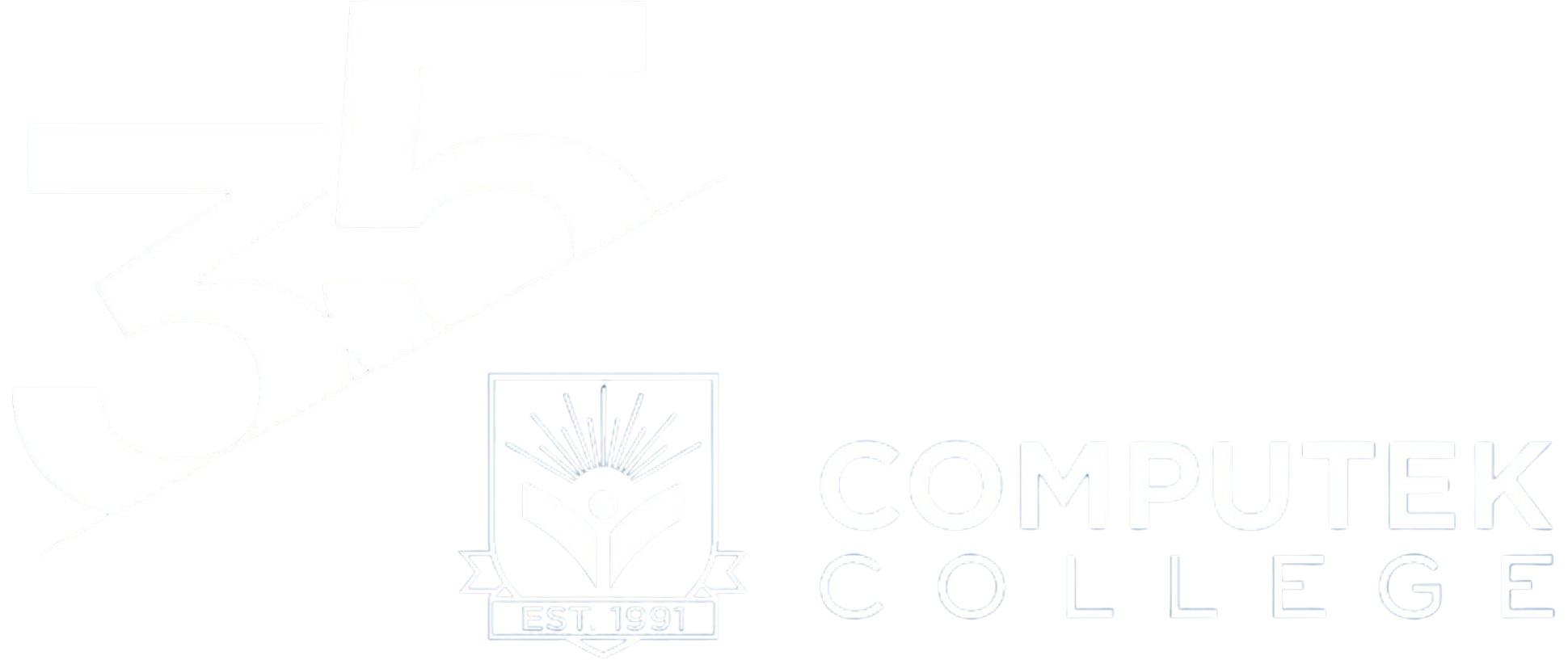With more and more businesses moving online, the need for cybersecurity has never been stronger than it is right now. To put it in perspective, the average growth rate for occupations in Canada is 0.9%. In contrast, the cybersecurity industry in Canada will see a demand for approximately 40,000–53,000 cybersecurity practitioners by 2023. Are you interested in a career in cybersecurity? If you are, keep reading to find out the top cybersecurity skills you need to find success in this fast-growing field.
1. Strong Technical Aptitude
You will require an in-depth understanding of networking, system administration, and more to get started in the field of cybersecurity. Since it is a technology-focused field, having a strong foundation in understanding how to maintain and troubleshoot digital environments is essential to perform the day-to-day activities of a cybersecurity professional. It’s also important to have a multi-faceted knowledge of security in order to apply it to a variety of systems. Staying up to date on computer and operating systems, wireless networks, smartphones, and cloud networks will be highly beneficial in the cybersecurity field.
2. Cloud Security
We mentioned before that businesses are in a state of transition right now—moving from physical systems to the cloud. As such, the need for cloud-based security providers is steadily increasing. Some organizations might have completely moved to the cloud, while others might still maintain a hybrid platform. As such, being well-versed in both is one of the top skills employers are looking for in 2022. From managing cloud security to building secure systems, cloud security skills are in extremely high demand right now.
3. Coding
A basic understanding of programming languages like JavaScript, PHP, Python, C, or C++, SQL, and more is critical for cybersecurity professionals. Knowing these coding languages won’t just help you detect any attacks on the system, but will also help you prepare and develop counter-plans in advance. For example, Python can help you identify and fix vulnerabilities within the system, while knowledge of SQL is helpful to stop or recover from attacks.
4. Computer Forensics
While computer forensics is a different field from cybersecurity, there’s a lot of overlap between the two. Both computer forensics and cybersecurity focus on protecting digital assets, however, where cybersecurity is focused on preventing the attack altogether, computer forensics is about what happens after the attack. Having a foundational understanding of computer forensics can help you excel in your cybersecurity career since they work together to promote information security. Understanding what happens if your efforts fail and learning how to recover compromised data will help you be more effective at protecting your systems from being breached.
5. Blockchain, AI, and IoT Security
Blockchain, AI, and the internet of things (IoT) are all evolving technologies but are likely to become foundational aspects of security systems, including supply chain integration, identity solutions, and network control. Artificial intelligence can also help understand and identify abnormal activity, while also providing automated techniques, resources, and support when needed. If you’re interested in entering the field of cybersecurity, check out the Computer Network and Cyber Security Engineer program at Computek College! We focus on practical learning to ensure that our students will always hit the ground running. To learn more, call us at 416-321-9911 or visit our website today.








